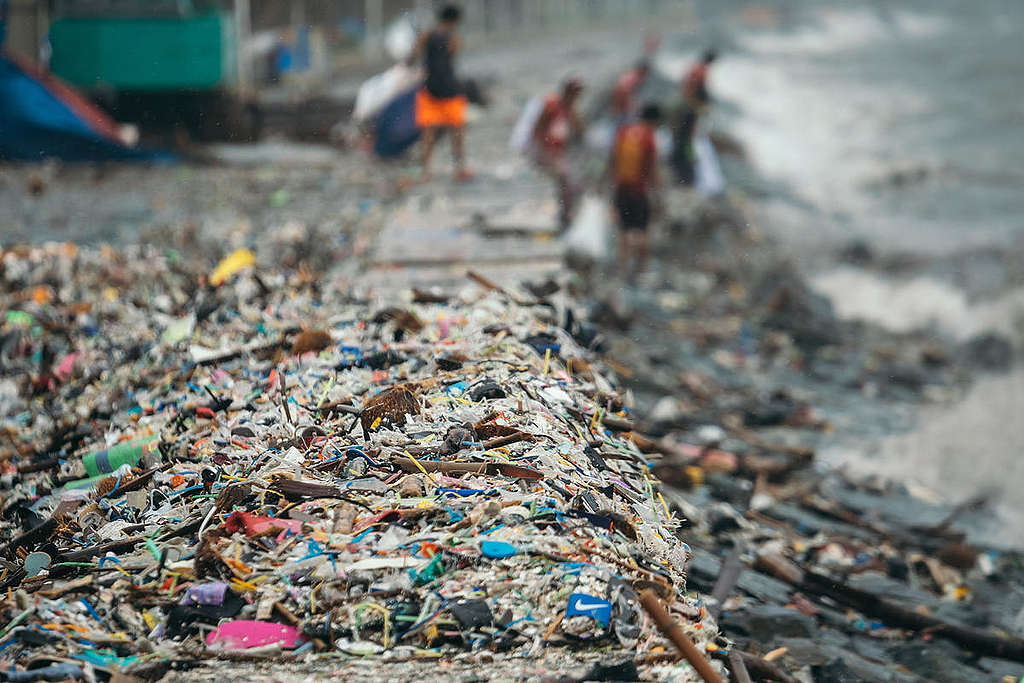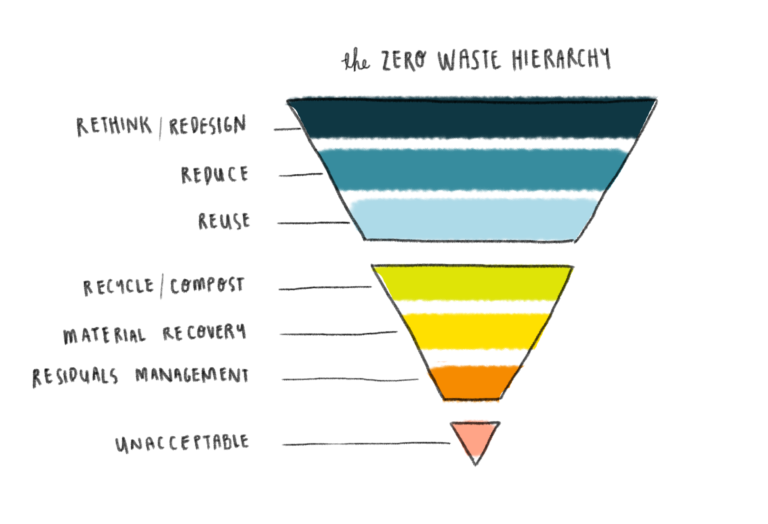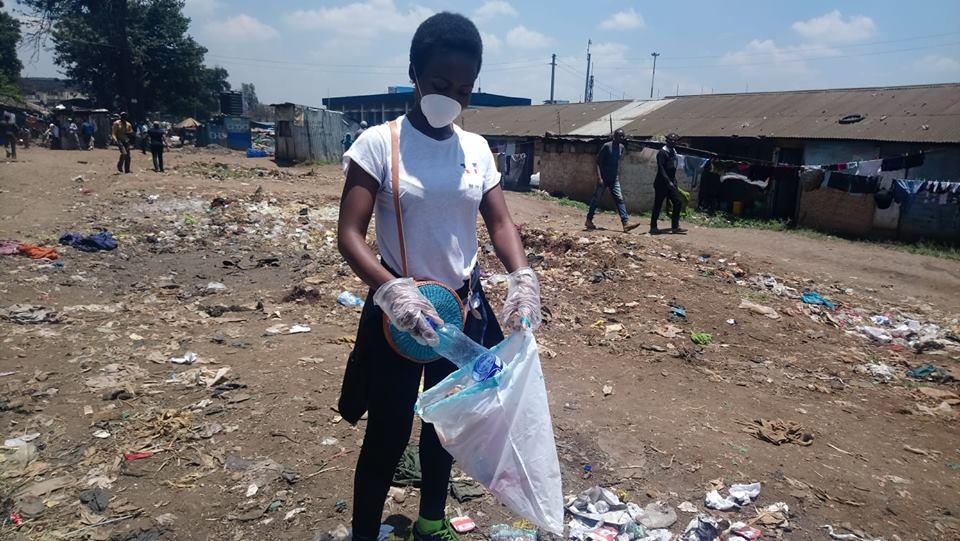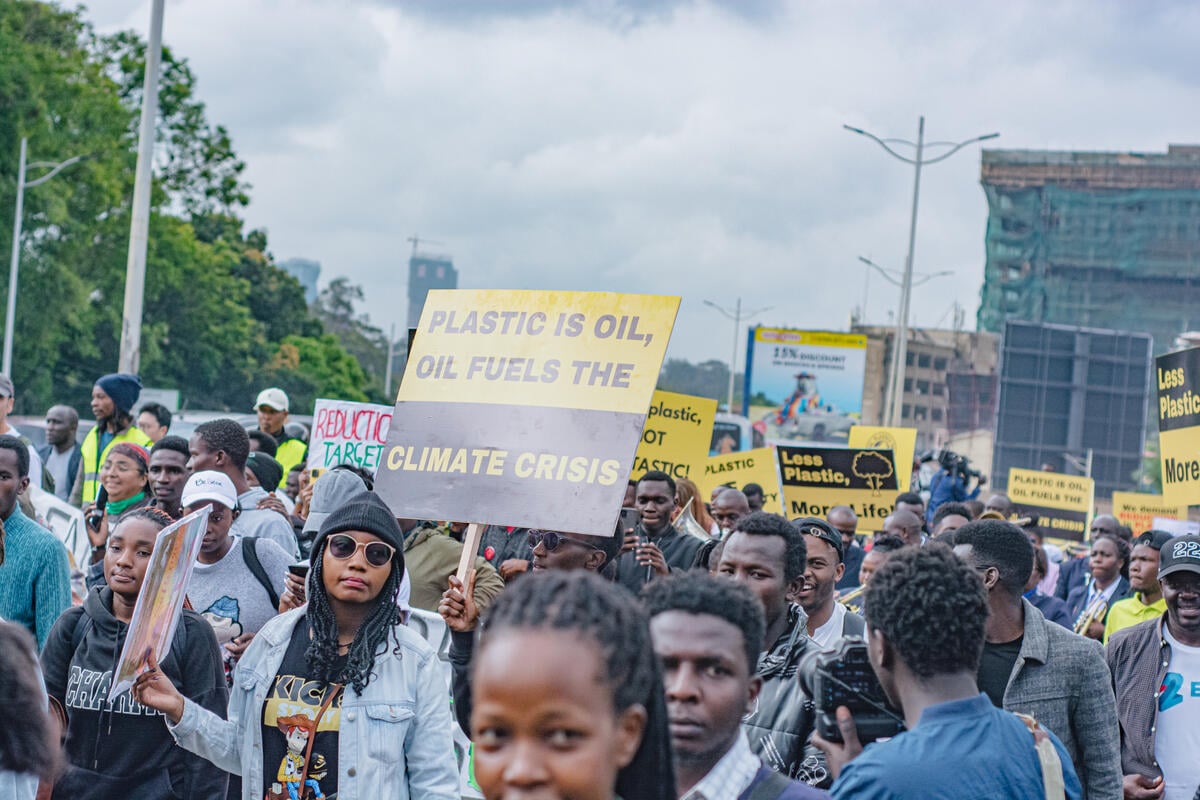A Blog Series with Tips, Tools, and Reflections

Over the last few weeks, we’ve seen local and global governments, mobilise resources and public funds to tackle the COVID-19 pandemic. It’s been encouraging to see the pace at which change can happen, and the collaborative approach taken to mitigate this threat. Many people have now urged that it’s in this same spirit of cooperation and care that governments and industry need to work together to chart a new course for a green and just post-COVID-19 future.
So one can wonder: how does plastic and other types of waste-generating material fit into that future?
It doesn’t.
We’ve known for a long time that we need to end the age of fossil fuels. That doesn’t just include the gas we put in our cars, the oil transported through those leaky pipelines or the mass emitting coal fired power plants. It’s also made from oil and gas byproducts, known as petrochemicals, like chemical fertilisers, and, you guessed it – plastic.
The Reuse Revolution can help us break free from fossil fuels, break free from plastic, and break free from our linear take-make-waste economy. The economy of the future must be a truly circular one – a new modus of operandi where what we make or use is designed within planetary boundaries, where wasteful consumption and pollution does not occur, where cooperative models are prioritised, and where natural systems are regenerated. A green and just future is one we can achieve if we choose people over profit, community wealth over endless economy growth, and green jobs over the destructive status quo.
In the days and weeks to come, we’ll be diving deeper into what we need to think about to move us in the right direction. So, we thought we’d start by offering some initial thinking on what governments, and corporations, should be considering in light of COVID-19’s current impact, and to accelerate a transition to a green and just future when it comes to how various goods and services are provided in our communities.
Government Must-Dos
- Ensure frontline and essential workers are supported through health, safety and other necessary measures, during the current and future public health situations.
- Act on the independent, peer-reviewed science.
- Identify the most impacted communities by plastic pollution and waste generation and prioritise investment in waste reduction and pollution prevention.
- Prioritise developing a truly circular, zero waste economy strategy that includes plans to eliminate all types of single-use and disposable items and packaging, and cease financial incentives for innovation that perpetuates linear, waste-generating product models.
- Create a plan to phase out all non-essential plastics, prioritising a ban on all unnecessary single-use plastics next year. (Click here to see all of Africa’s current plastic bans) Couple this with time bound meaningful reduction targets on virgin plastic production and the distribution, sale and consumption of plastic packaging across sectors.
- Invest in reuse and refill models, and incentivise zero-waste initiatives that can create truly circular systems for goods and service delivery that can be scaled up across communities.
- Cease subsidies to, and investment in, petrochemical and plastic production. This includes bailouts.
- Ban the import of plastic and other waste and recycling.
- Invest in a just transition for petrochemical and plastic workers, and ensure impacted workers across sectors are provided adequate transitional compensation and training in green jobs.
- Hold companies, especially waste and pollution generating companies, accountable for the full lifecycle of their products and their operations.
- Work with relevant health and safety authorities to amend and modernise existing packaging and food distribution regulations to accelerate a transition to reuse and refill models that meet necessary standards.
- As we transition to a new system, respect the waste hierarchy (see below) and improve recycling efficiencies where possible to reduce landfill, incineration and pollution.

Corporation’s Must-Dos
- Rethink current business models completely. If product delivery or services provided rely on single-use plastic or other disposables, it’s time for a system reboot.
- Think about the community(ies) in which you operate and be part of wider sectoral change that supports people in living healthy, food secure and sustainable lives.
- Think low carbon across your business.
- Create reuse, refill and alternative product delivery models that do not solely rely on customers to bring their own containers/cups/bags/etc. Create reuse models that can meet necessary health and safety standards to withstand public health concerns while not compromising environmental health. Get to know what some alternative models could look like, here.
- Work with governments on a green and just transition to a circular, low carbon economy, and cease efforts to delay or block progress.
- Help change our throwaway culture. Stop glamourising consumption, single-useness and “stuff.”
- Invest in a diverse, equitable and inclusive working environment where people are empowered to offer differing perspectives to help shape meaningful solutions.
- In short, put the planet and people before profit.
In the coming months governments and various industries have a choice to make. Will they use this moment to recognise that our current system isn’t serving us or our planet, and certainly won’t be with an expected increase in global health and environmental crises? Will they see the possibility in this moment to actually change the course of history for the better for all life on Earth?
We will keep fighting to make that a reality! Stay tuned for more on what you can do to help from your corner of the world. And in the meantime, stay healthy. <3
This blog is part of a Blog Series with Tips, Tools, and Reflections. See the first two blogs – Health and the Reuse Revolution: Zero waste living in a time of crisis and Health and the Reuse Revolution: Is disposable safer than reusable? Let’s consult the science.
Note: Your best source of information to protect your health and the health of others from COVID-19 remains official sources, such as these World Health Organization
Sarah King is the Head of Greenpeace Canada’s Oceans & Plastics campaign, based in Vancouver on unceded Coast Salish Territories




